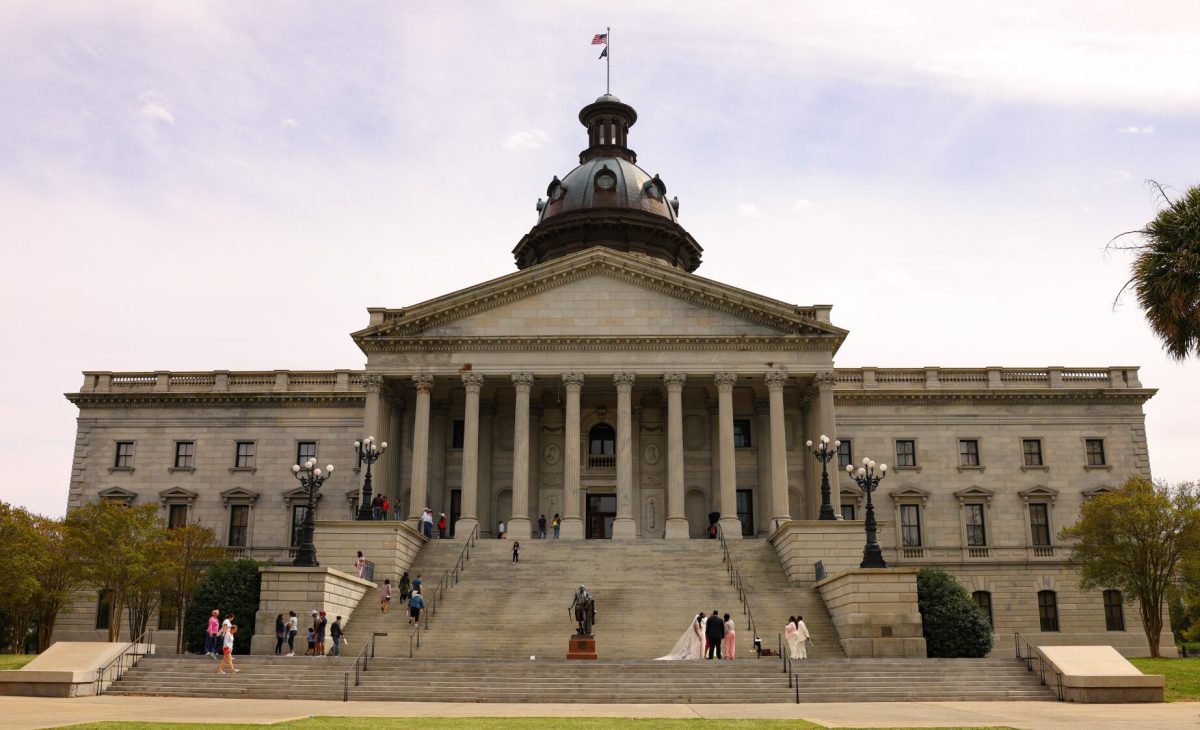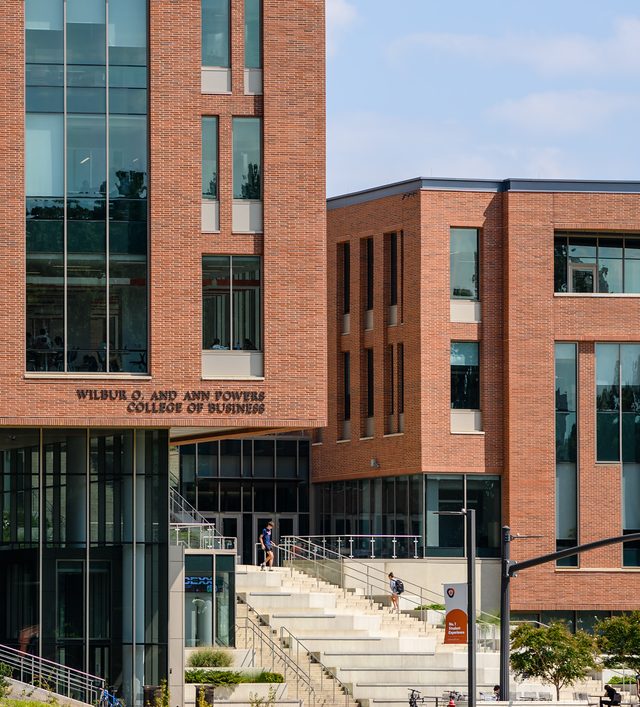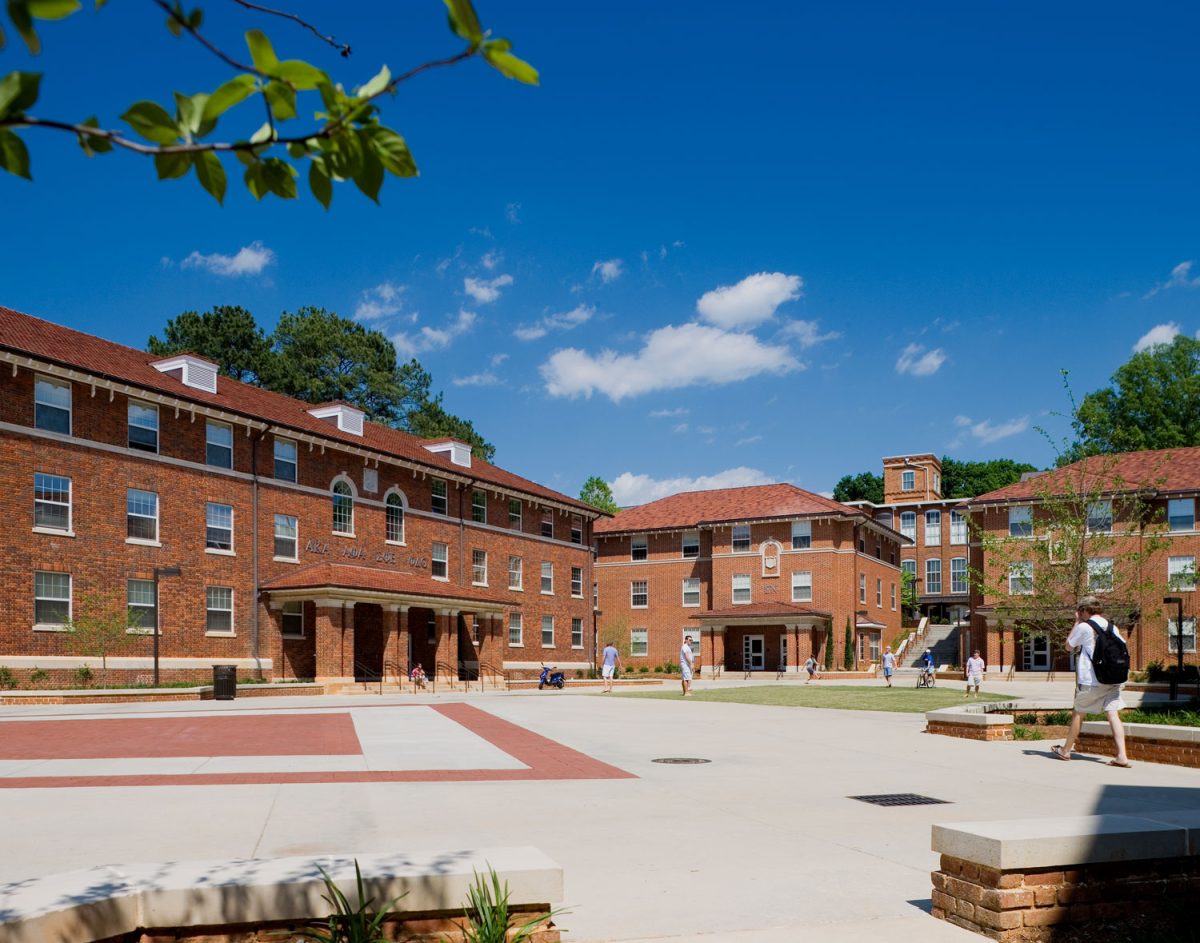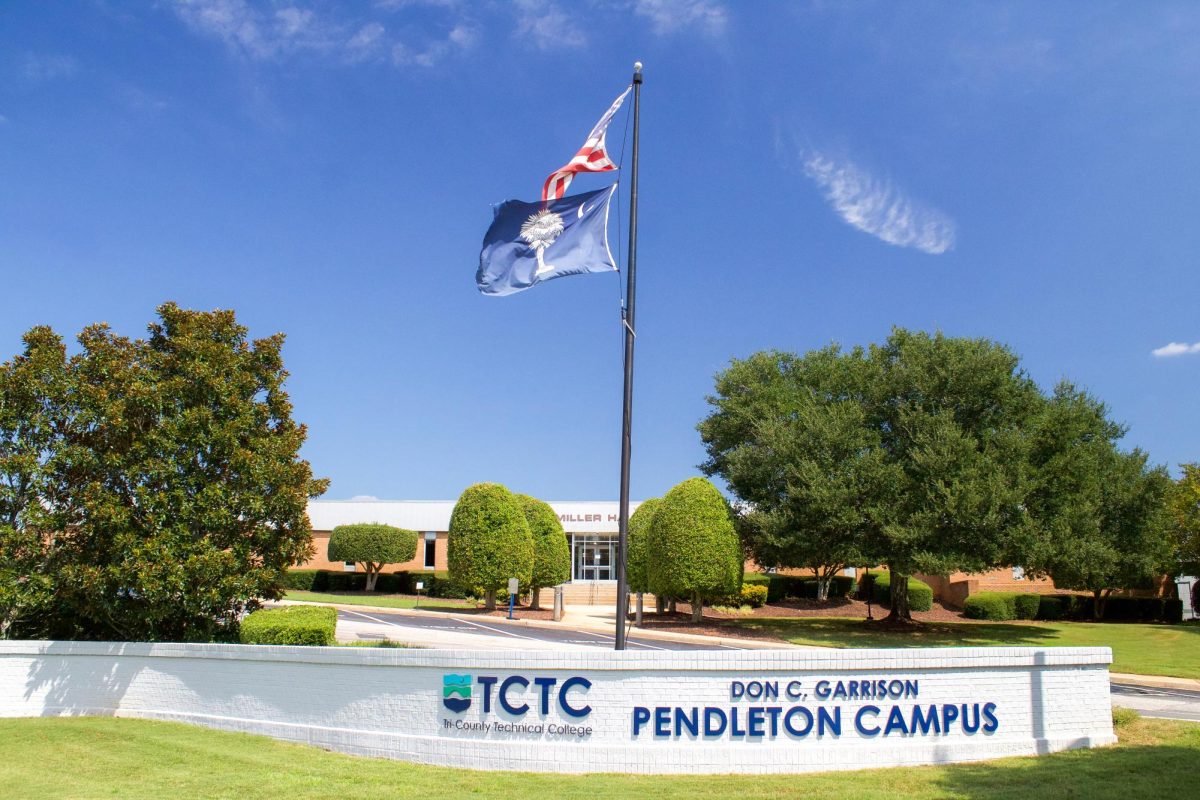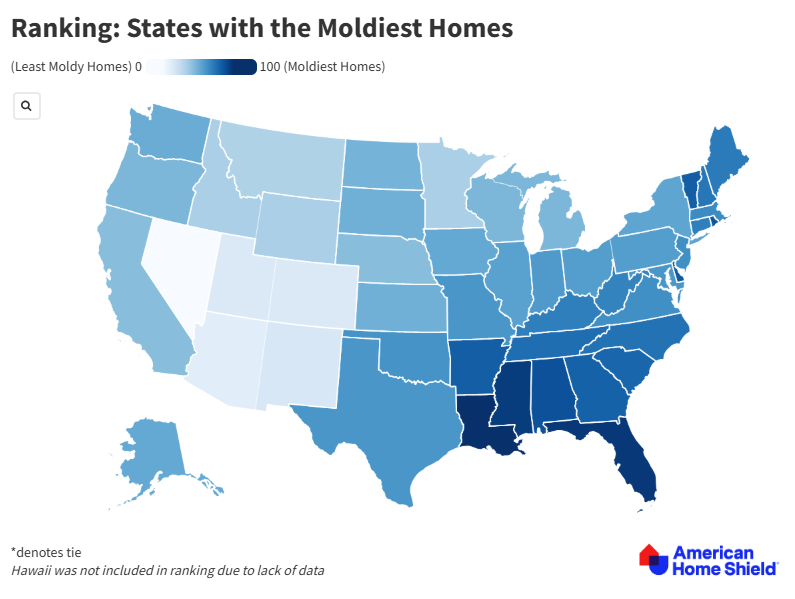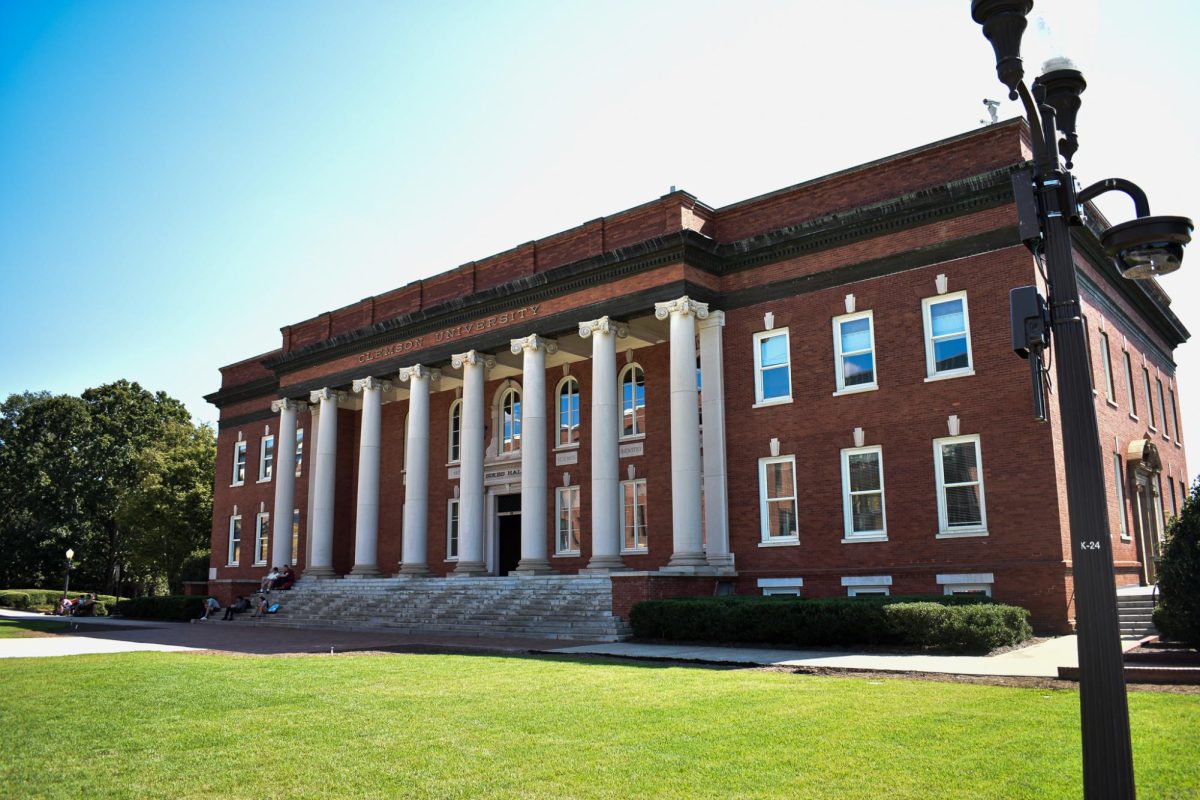In an overwhelming majority vote of 82-28, the South Carolina House of Representatives pushed the “Save Women’s Sports Act” to the state’s Senate floor for further consideration.
The proposed bill would ban transgender girls and women from competing in girls’ and women’s sports.
If passed by the South Carolina Senate, the bill would apply to all public state schools, ranging from kindergarten to the collegiate level, thus including Clemson University.
The statement signifies that athletes must compete as the gender they are assigned on their birth certificate, not the gender they currently identify as.
The bill’s advocates aim to maintain an equal playing field for women in their respective competitive matchups. Transgender women born as men appear to have an unfair advantage over their biologically female counterparts.
South Carolina Representative RJ May illustrated the inherent disadvantage.
“Men have a biological advantage on the sports playing field, their bones are bigger, their lungs have more capacity, they’re built differently,” said May. “This bill protects women who have a biological difference to males in a sport that they have competed their whole lives in, so it keeps the playing field fair and level.”
There is some pushback to the bill, both in the State House and from the National Collegiate Athletic Association (NCAA).
Senator Gerald Malloy questioned the bill’s Senate sponsor Richard Cash of Anderson County. “If a University of X comes in, and all of a sudden, they have a person that is transgender on their team, what happens?” said Malloy.
Cash admitted that he could not predict the response for sure in this situation but instead offered a speculative answer.
“I’ll just follow your hypothetical,” said Cash. “If a girls’ basketball team came in here and had a transgender athlete that was 6-feet-11, and they beat the University of South Carolina, there might be a lot more interest in what we’re talking about.”
Additionally, the NCAA recently said it would bar states with anti-trans laws from hosting championships, which could soon include public universities stationed in South Carolina.
“Should the law pass, we will work to gain a clear understanding of the impact it would have but we do not have that information at this time,” said Jeff Kallin, spokesperson for Clemson Athletics of the bill’s potential effect at the University.
The opposition to the proposed bill also feels such legislation would be a disservice to the LBGTQ community and their progressive strides.
Ivy Hill, executive director of Gender Benders SC, expressed their concerns about the bill.
“These trans kids are being attacked from every angle, and we want to let them know they’re not alone,” said Hill.
LGBTQ-focused legislation, similar to South Carolina’s “Save Women’s Sports Act,” which is being proposed all across the country, is negatively affecting students who are in the most desperate need of support.
“If it was introduced anywhere, particularly anywhere near where these students were, that added to the process and added to the detriment of the individuals,” said Jaime Fivecoat, secretary of Upstate Pride SC.
The next phase of the legislative process is for the bill to be heard in the South Carolina Senate sub-committee.



